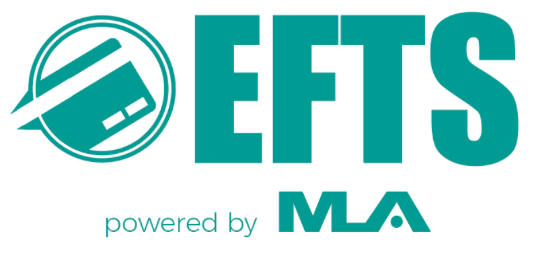Technology Selection
Unsure of what mix of business technologies is right for your organization? Looking to upgrade legacy technologies and uncertain of the best pathway? Concerned to find the right technologies to future-proof your business in uncertain times? Tecture can help you chart the ideal combination of off-the-shelf applications and custom development to achieve your goals and make your business bulletproof. At Tecture we are technology-agnostic. That means we don’t push a particular vendor or platform on you because that’s what we know or sell. We identify and integrate the right solution for your unique requirements.
We Offer
Business Technology Assessment
Technology Strategy and Pathways
Legacy Technology Replacement
Systems Integration
API Strategy
Tools We Use
Systems Audit
Process Flow Analysis
Stakeholder Interviews
SWOT
Technology Architecture Diagramming
Analytics/Data Analysis
Selected Projects

A Hybrid Approach to Implementing a Comprehensive System: The American Board of Preventive Medicine (ABPM)
The American Board of Preventive Medicine’s came to Tecture to create an online system for board certification applications. After thorough requirements discovery with the board and staff, we conducted extensive interviews with other medical certifying boards to review their technology platforms. We determined other boards’ systems fell into one of two categories: a third-party customer relation management system with customization for specific board-related features or a ground-up custom solution. We opted for a hybrid approach in which we selected a variety of platforms (Stripe for electronic payments, Twilio for text messaging, ZenDesk for customer support, RightSignature for digital document signatures, etc.). We created a central core authoritative database and then wrote a control layer to integrate them.. (No off-the-shelf platform really works for medical board certification and its extensive custom requirements.)
The final comprehensive system includes the application process; a complete review process (by which board members review applications, confer with one another, request additional information and approve or deny applications); and a system for tracking certified physicians’ maintenance of certification requirements and progress. The system has replaced paper files as the authoritative records for applicants and diplomates (certified physicians). We used WordPress for the public facing site due to its flexibility and low learning curve for staff updates.

Off-the-Shelf CRM + Custom Middleware = Customer Portal: Celsis
Celsis, a biotechnology company delivering rapid microbial detection systems (since acquired by Charles River Laboratories) asked Tecture to deliver a customer portal. We conducted a website platform technology selection process prior to any implementation of the website. We evaluated various CMS and portal platforms that would integrate seamlessly with Celsis’ marketing automation system, ERP and CRM. Tecture selected a single CMS that could serve both website content management and customer portal functions. We then built a middleware component to map customers, their accounts, purchases, equipment, reagents and contracts from other databases to the website. The result is a unified system that matches customers with their purchased products.

Integrating Third Party Services with a Custom Billing System: Medical LIbrary Association (MLA)
Tecture has worked with the MLA and the National Library of Medicine to develop EFTS, the online billing system for interlibrary loan (ILL) transactions that collects an ILL charge from a borrowing library, on behalf of the lending library, and pays it to the lender, less a transaction fee. With the existing AMS (Socious), billing (Bill.com), and accounting (Quickbooks) platforms already in place, we opted to implement an intermediary control layer that would bill medical libraries for their ILL transactions, leveraging these existing systems through their APIs. As part of the initial discovery process we extensively evaluated the APIs and ran API simulations of the key technical changes we foresaw in the development process.